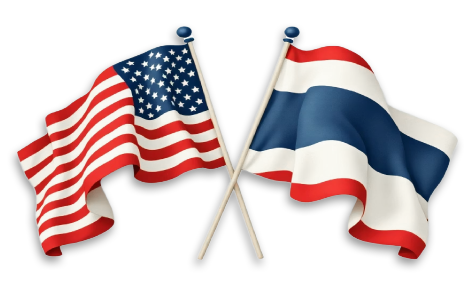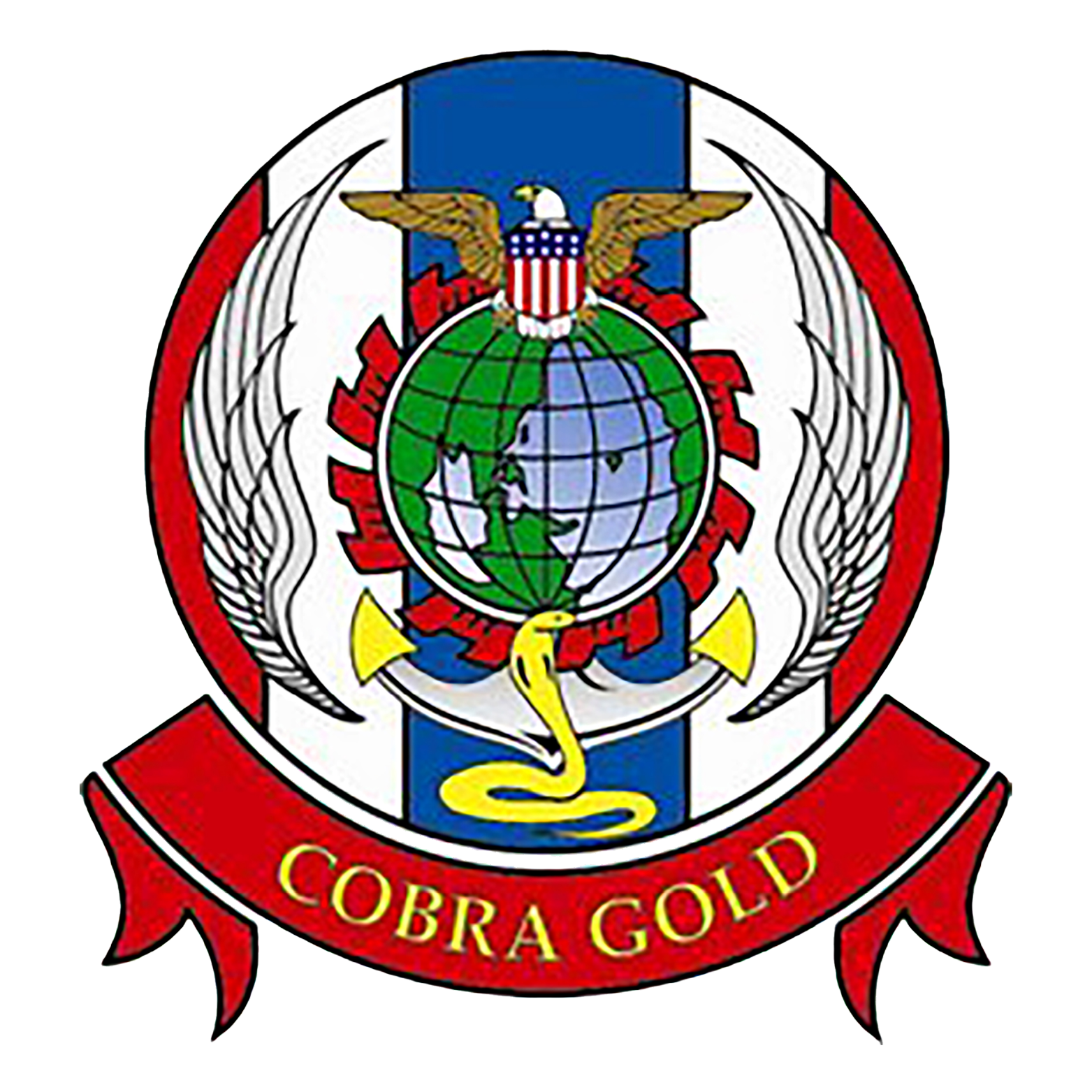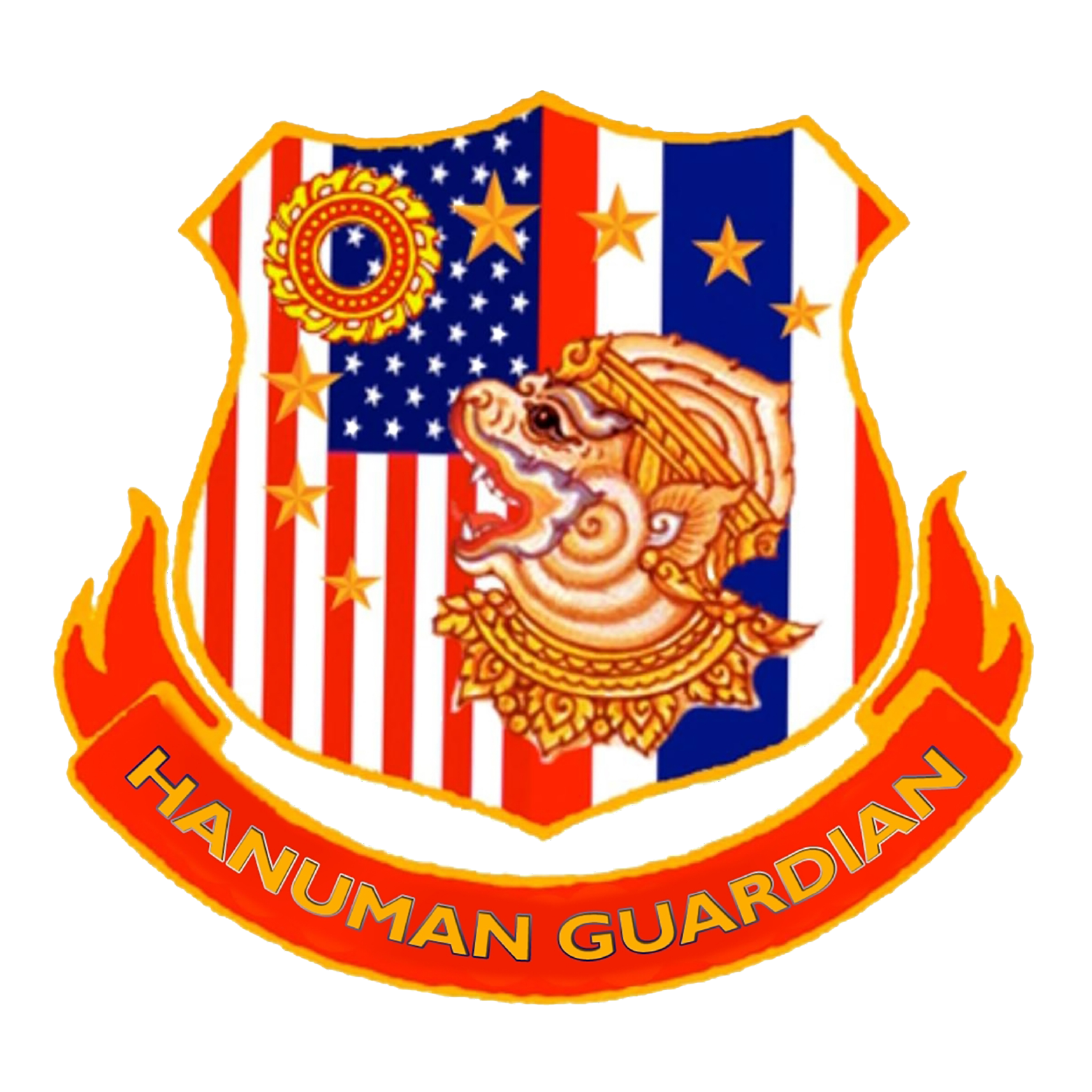JUSMAGTHAI
HISTORY
The Joint United States Military Advisory Group – Thailand (JUSMAGTHAI) was formally established on 22 September 1953 as part of the U.S. Military Assistance Program to address the spread of communism in the region, but the origins of the U.S.-Thai military relationship can be traced back to the Second World War. In 1944, the Office of Strategic Services deployed Special Operations Forces (SOF) to support the Free Thai movement against the Japanese, and JUSMAGTHAI continues to facilitate SOF security cooperation efforts and real-world humanitarian missions.
JUSMAGTHAI also supported combat operations in Vietnam and Laos before transitioning into the contemporary security cooperation organization it is today. JUSMAGTHAI operates under U.S. Indo-Pacific Command and the U.S. Ambassador to Thailand as the Chief of Mission. It supports a robust joint military exercise portfolio and serves as the steward of the military relationship in Thailand, a treaty ally since 1954 and a major non-NATO ally since 2003. JUSMAGTHAI also provides real world contingency support to humanitarian assistance and disaster relief missions. This partnership has fostered generational people-to-people connections between Thai and U.S. military personnel based on mutual respect and collective dedication to shared principles for over seven decades.
Longstanding Military Partnership
World War II: Seri Thai and American OSS operations
1942
The U.S. Office of Strategic Services (OSS) is formed to conduct intelligence and special operations during World War II.
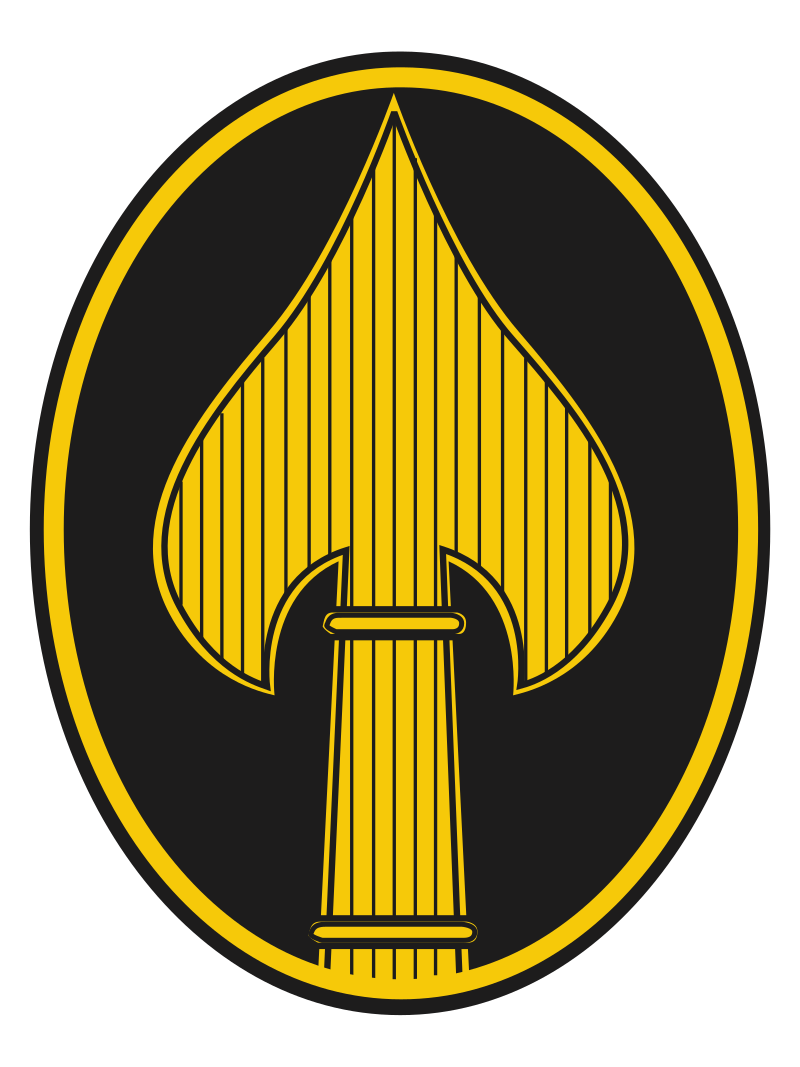
1944
Captain William Young arrives in Thailand in September, marking the first presence of U.S. Special Operations Forces (SOF) in the country. OSS Detachment 404 begins coordinating with the Free Thai (Seri Thai) Resistance against Japanese forces.
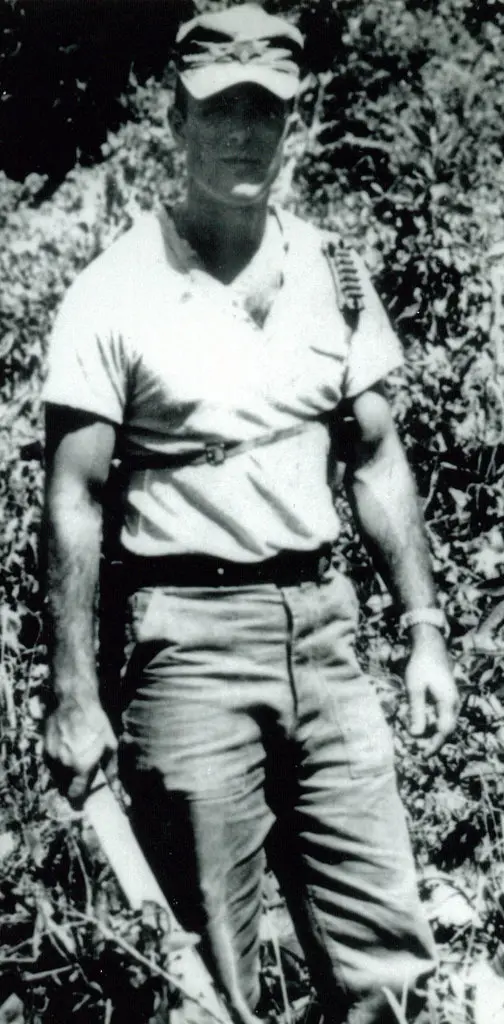
1945
Japanese surrender ended World War II. Thailand renounced its war declarations, and U.S.–Thai relations were reestablished as Thailand was treated as an occupied country rather than an enemy. The OSS establishes a base in Bangkok to support the Free Thai movement through the end of the war.
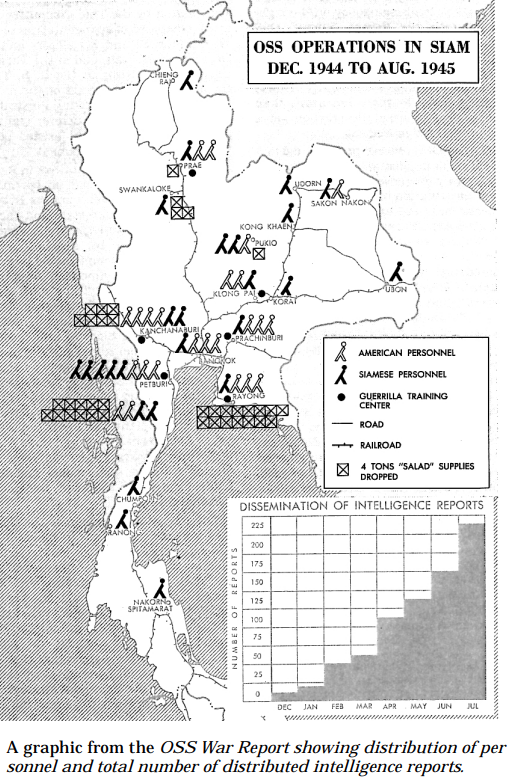
1950
On 17 October, the Military Assistance Advisory Group (MAAG), precursor to JUSMAGTHAI, is established to support Thailand’s internal security, regional defense, and resistance to external threats. Early U.S. Army Special Forces deployments begin training Royal Thai Army paramilitary, Airborne, Ranger, and Special Forces units.
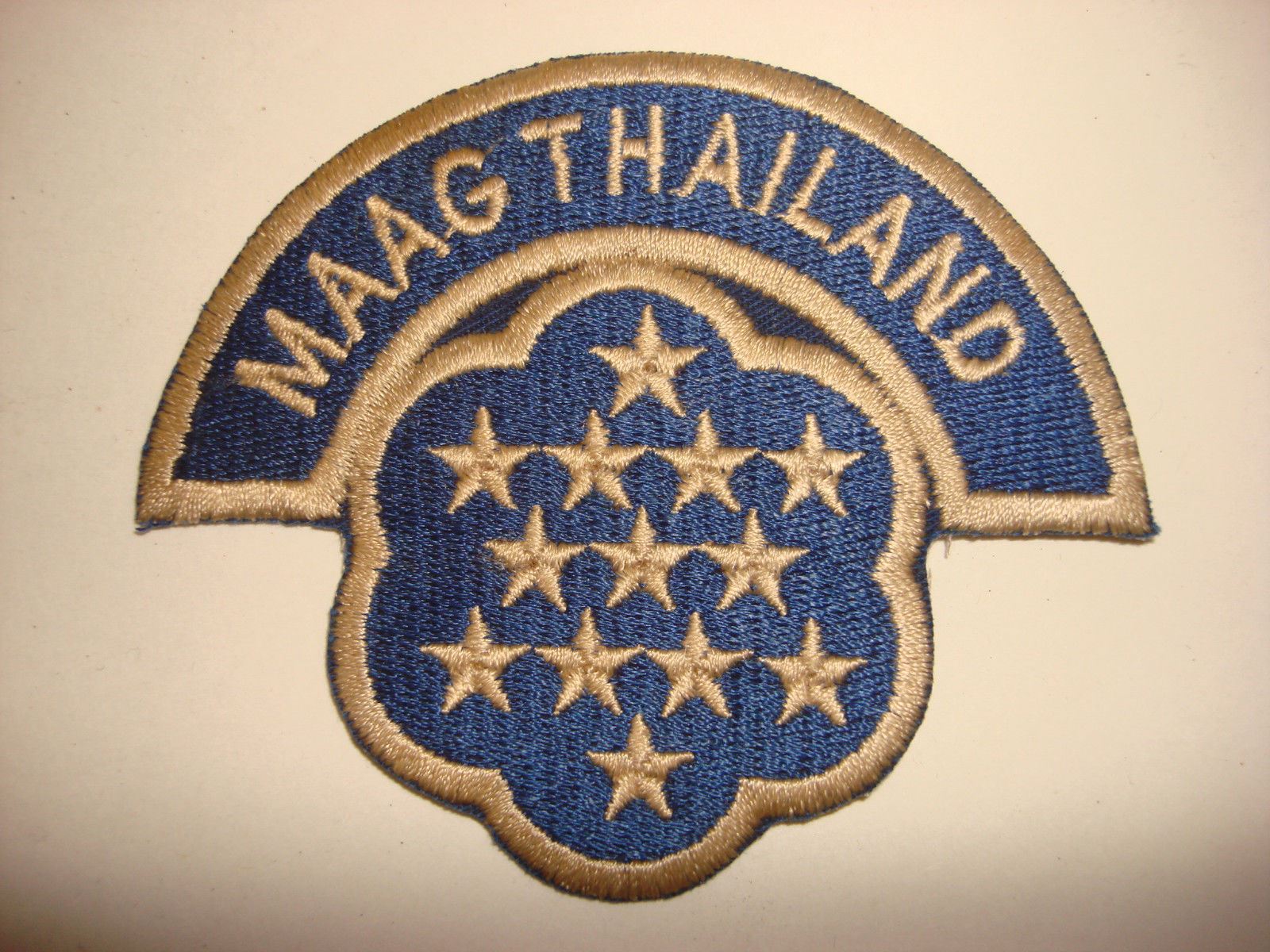
1953
On 22 September, the Joint U.S. Military Advisory Group, Thailand (JUSMAGTHAI) is formally established, replacing MAAG Thailand. Reporting jointly to U.S. Pacific Command and the U.S. Ambassador, it becomes the focal point for all U.S. security assistance, including Foreign Military Sales and training.
1961
On 28 September, the JUSMAGTHAI compound, operated by the Royal Thai Armed Forces, Thai Coordination Authority (TCA), is officially dedicated as headquarters.
1962
The Thanat-Rusk Communiqué pledges U.S. support for Thailand’s defense. U.S. troop levels in Thailand expand from 1,000 to over 35,000. On 15 May, the U.S. Military Assistance Command, Thailand (MACTHAI) is activated, with General Paul Harkins as Commander. Major General Richard Stilwell, Chief of JUSMAGTHAI, becomes MACTHAI Deputy Commander on 31 October.
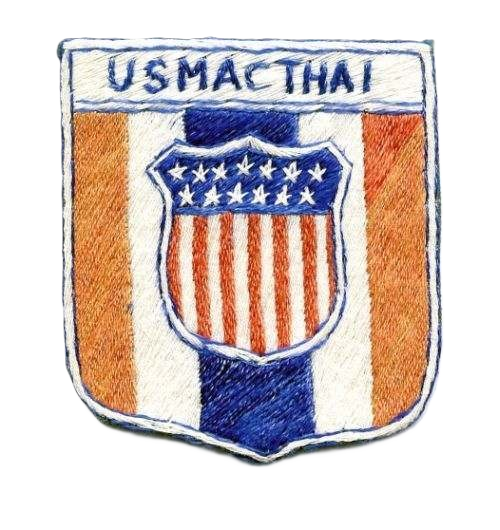
1965
Major General Richard Stilwell assumes command of MACTHAI on 10 July. Operation TEAM WORK, a combined U.S.–Thai naval exercise with surface, anti-submarine, demolition, and mine warfare operations, lays the foundation for Exercise Cobra Gold.
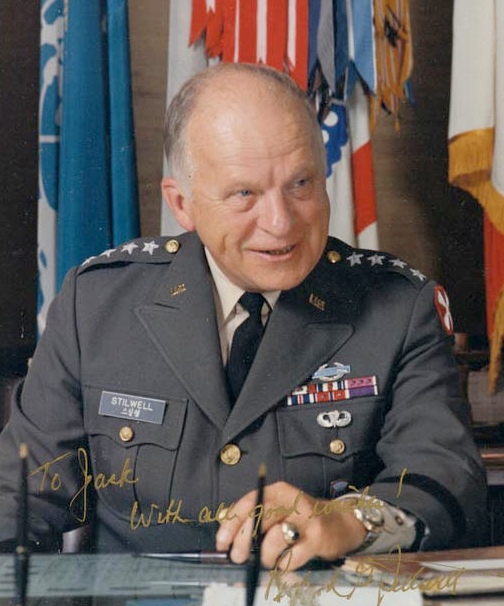
1966
The U.S. Army Special Forces deploys D Company, 1st Special Forces Group to Camp Pawai. The unit is re-designated as the 46th Special Forces Company, training and accompanying Royal Thai Army units in combat operations in Vietnam and Laos.
1976
Following the U.S. withdrawal from Southeast Asia, MACTHAI is disestablished on 1 October. JUSMAGTHAI resumes its role as the primary U.S.–Thailand security cooperation organization.
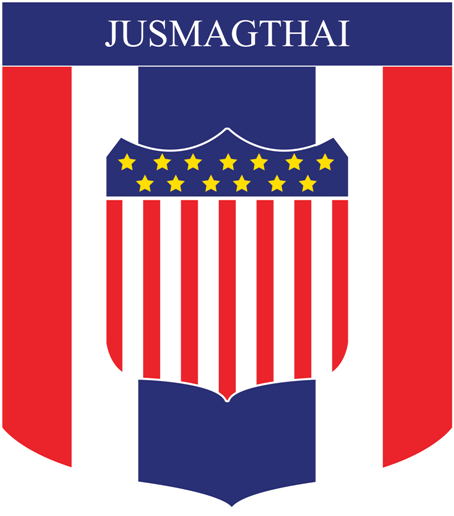
1982
The first official Exercise Cobra Gold is held with the Royal Thai Navy, Royal Thai Air Force, U.S. Navy, and U.S. Marine Corps. It was inaugurated as a bilateral Thailand–U.S. exercise. It grew into the premier annual regional exercise (involving hundreds of ships, aircraft, and troops from Thailand, the U.S., and multiple allies). Cobra Gold’s mission has been to enhance interoperability and readiness, with JUSMAGTHAI serving as the U.S. coordinator.
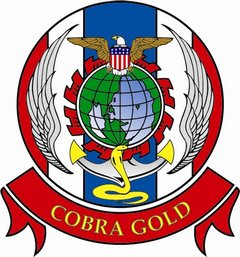
2004
Cobra Gold grows to seven participating nations and over 18,000 participants.
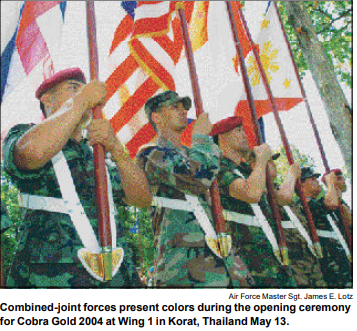
2018
JUSMAGTHAI assists in the international rescue of the Wild Boars soccer team trapped in Tham Luang Cave, Thailand.
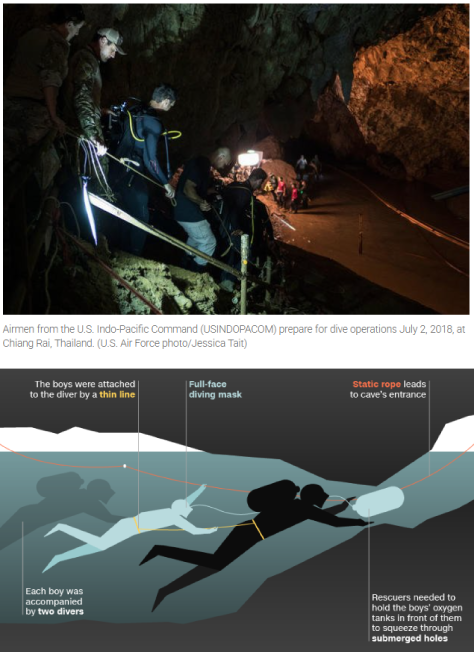
2025
On 28 March, a 7.7-magnitude earthquake near Mandalay shook Bangkok, collapsing a 33-story building under construction and killing at least 92 people. At Thailand’s request, over 100 U.S. Army, Marine, Air Force, and Navy personnel deployed from 28 March–4 April to assist in search and rescue, with special units such as the 353rd Special Operations Wing and 31st Rescue Squadron working alongside Thai forces under JUSMAGTHAI coordination.
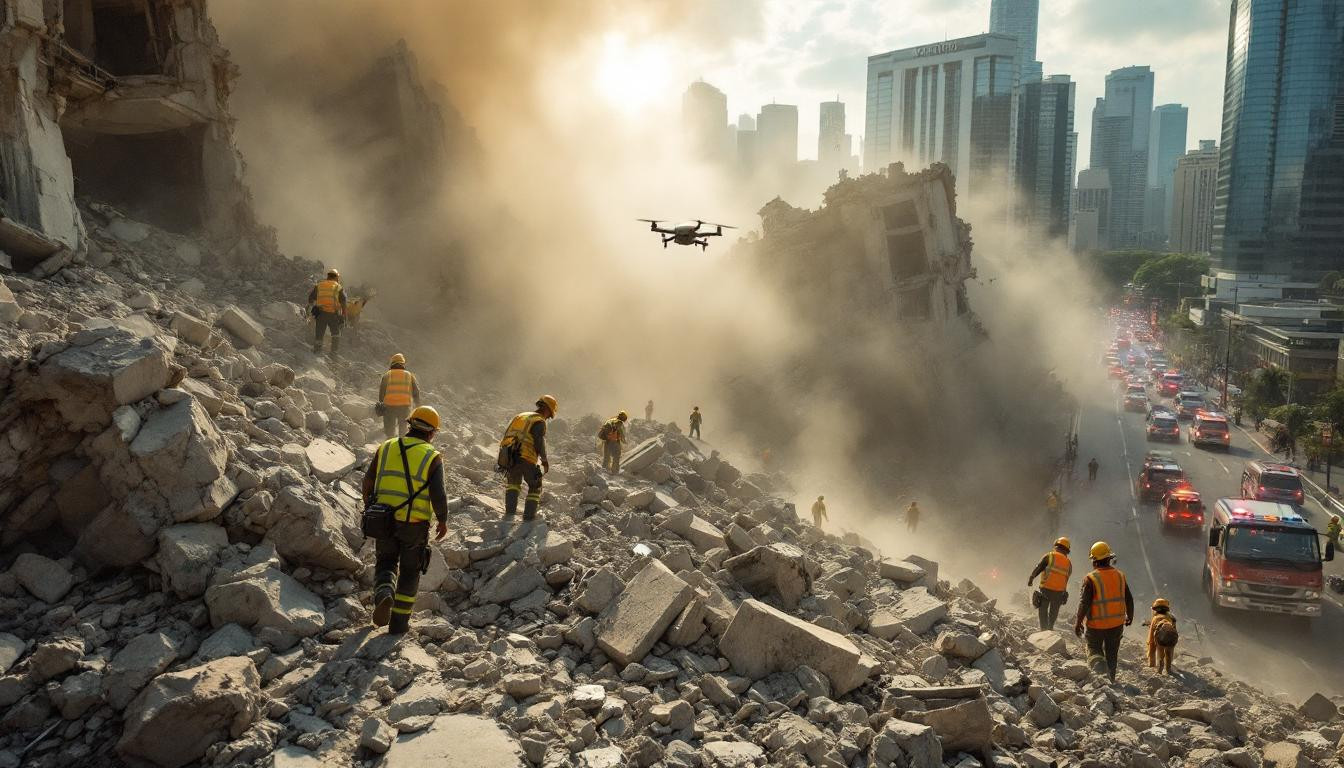
PRESENT
JUSMAGTHAI continues leading bilateral and multilateral exercises such as Cobra Gold, Cope Tiger, Hanuman Guardian, and Cooperation Afloat Readiness and Training (CARAT), while supporting capability development and defense modernization. JUSMAGTHAI manages the International Military Education and Training (IMET) program, sending Royal Thai military personnel to U.S. schools to enhance professionalization, capacity, interoperability, and long-term military-to-military partnerships.
